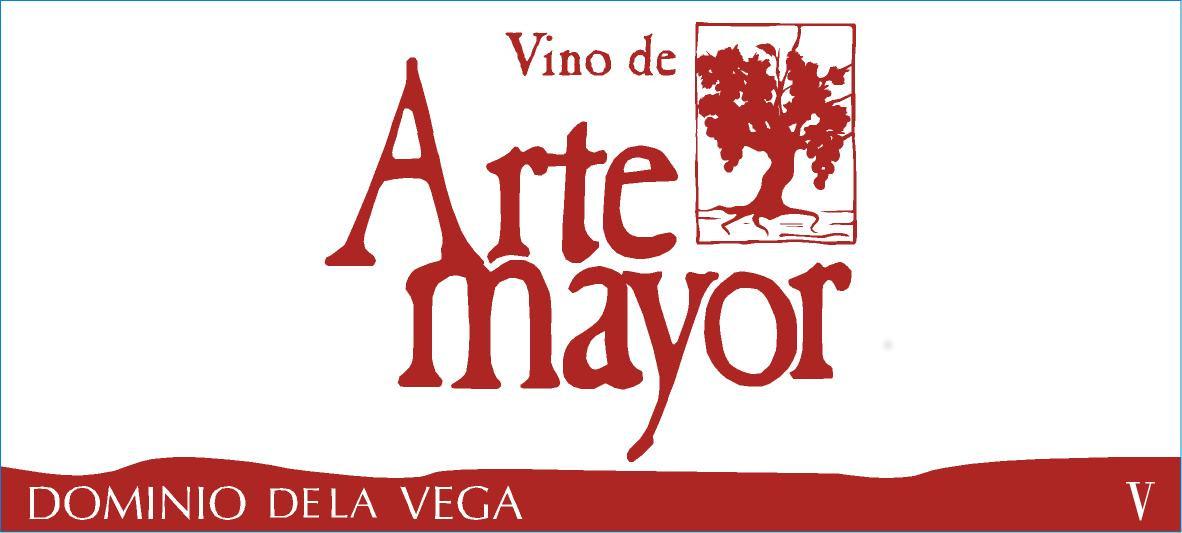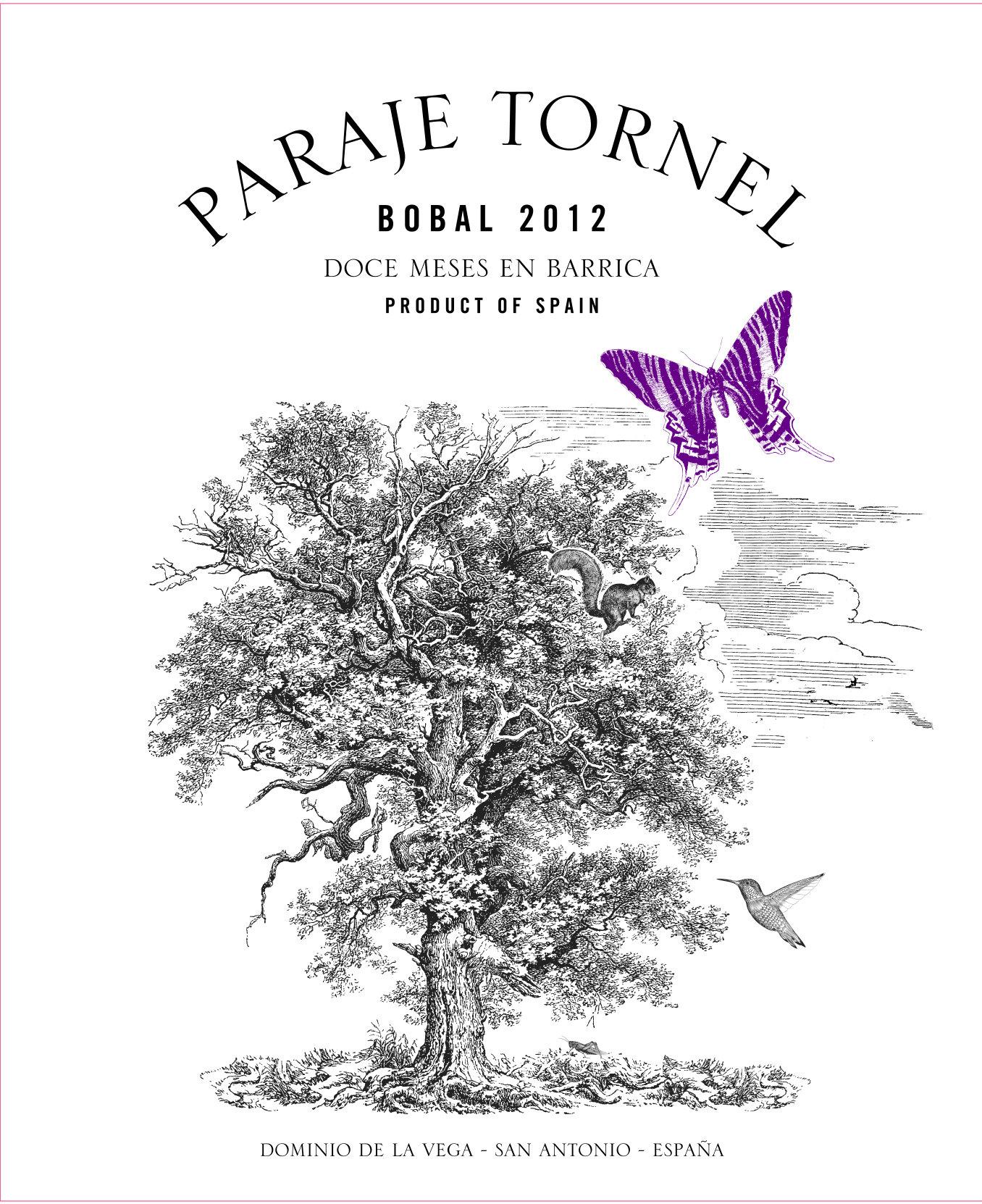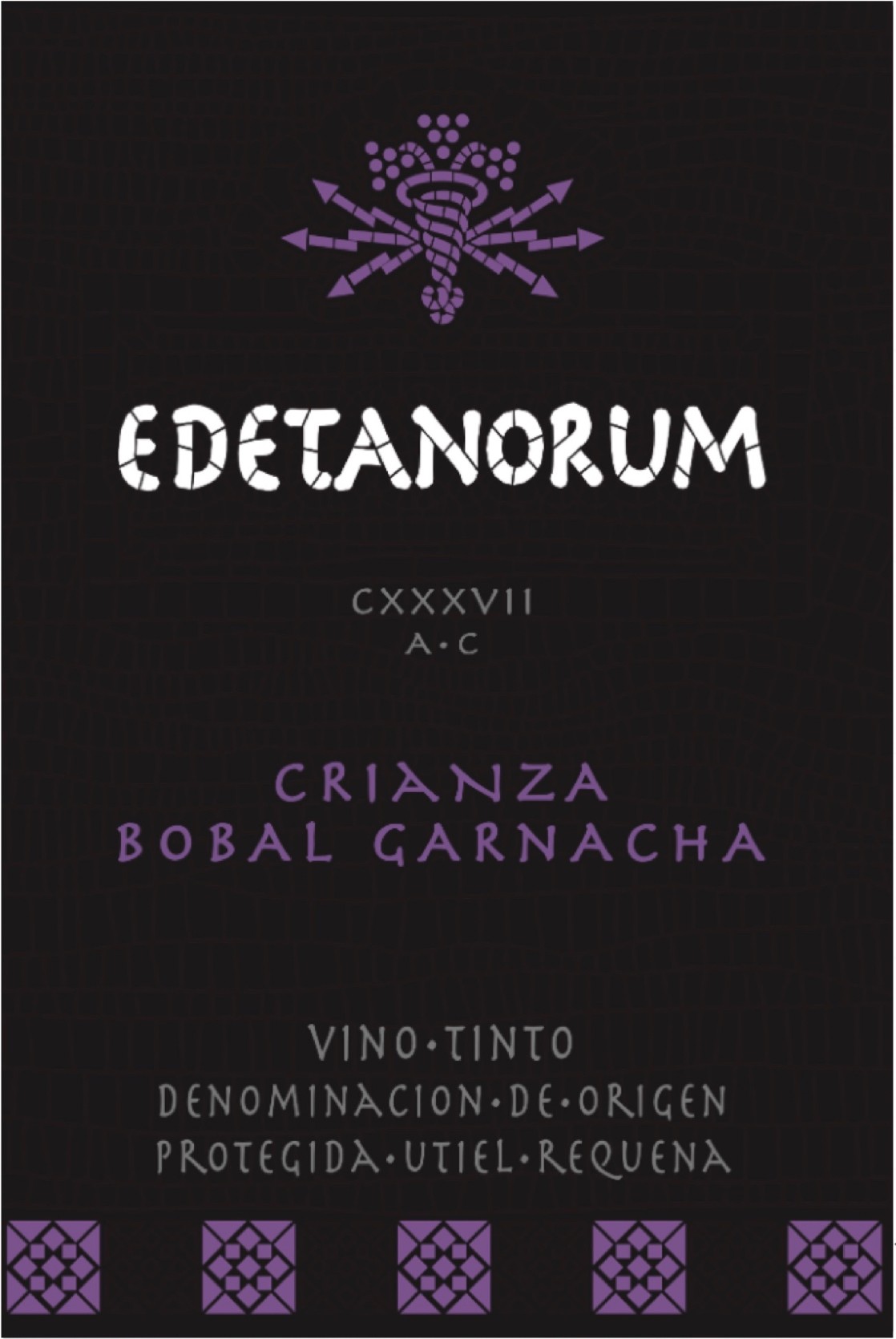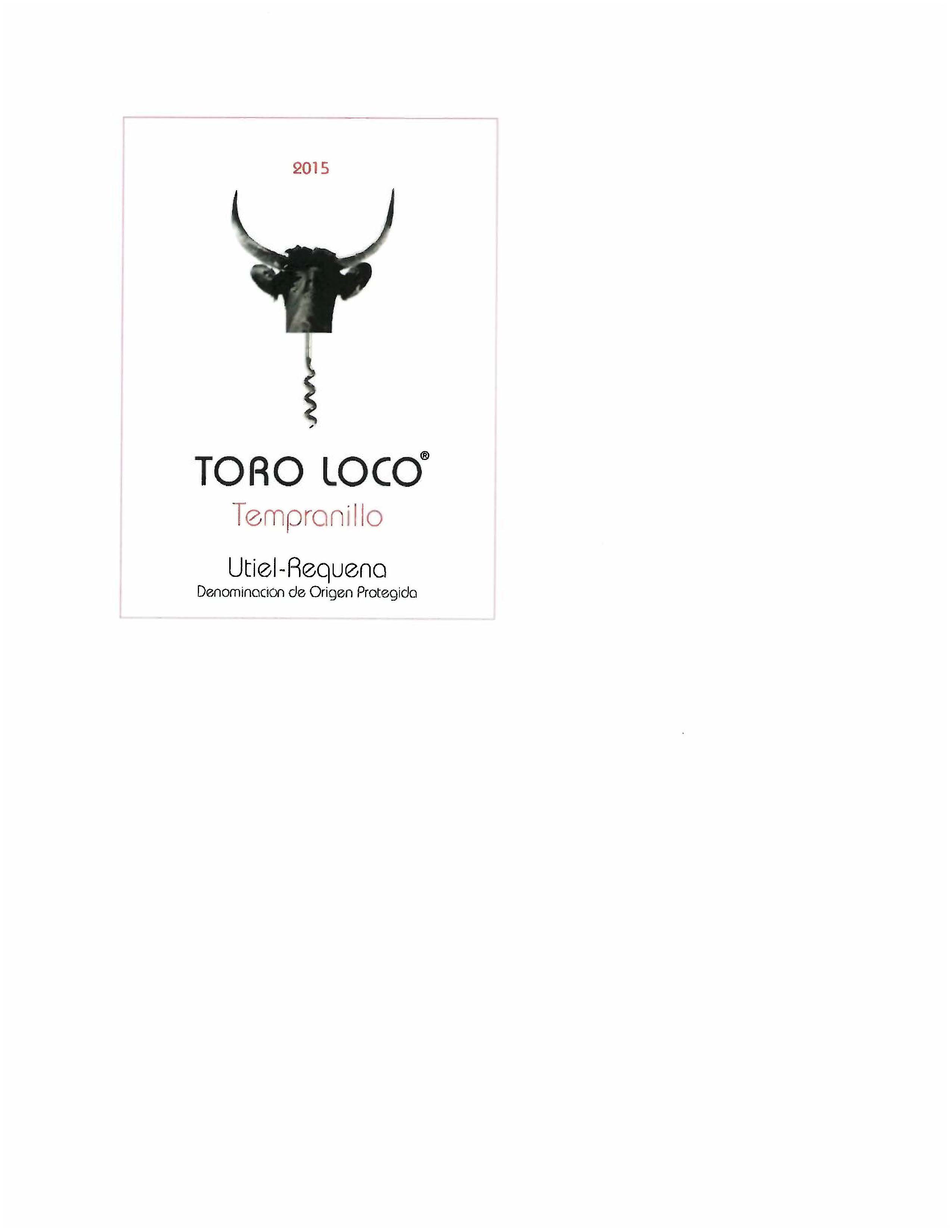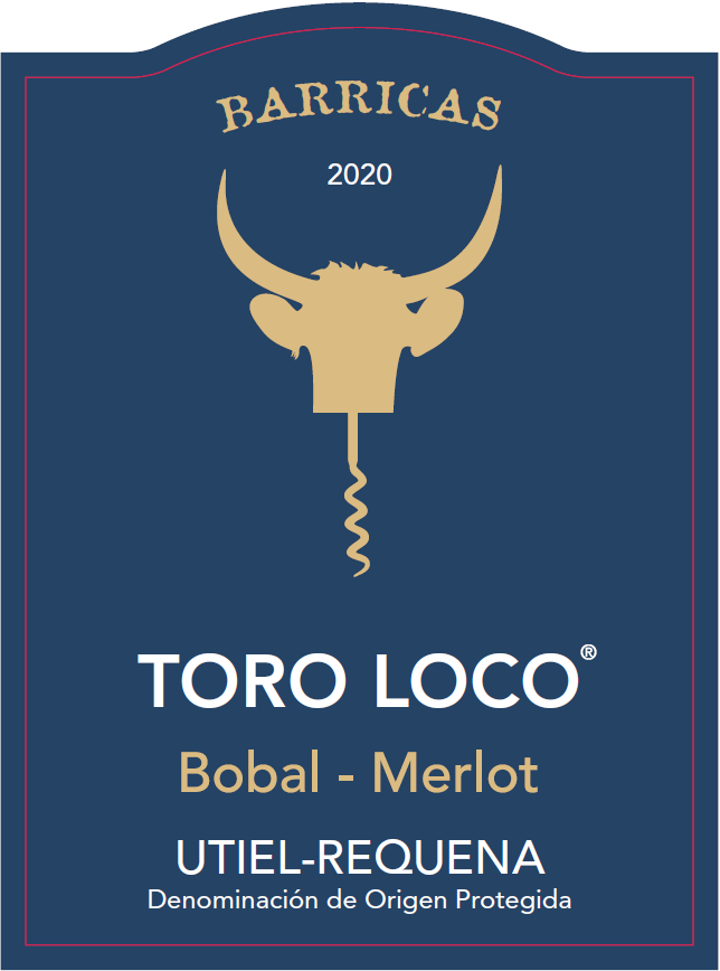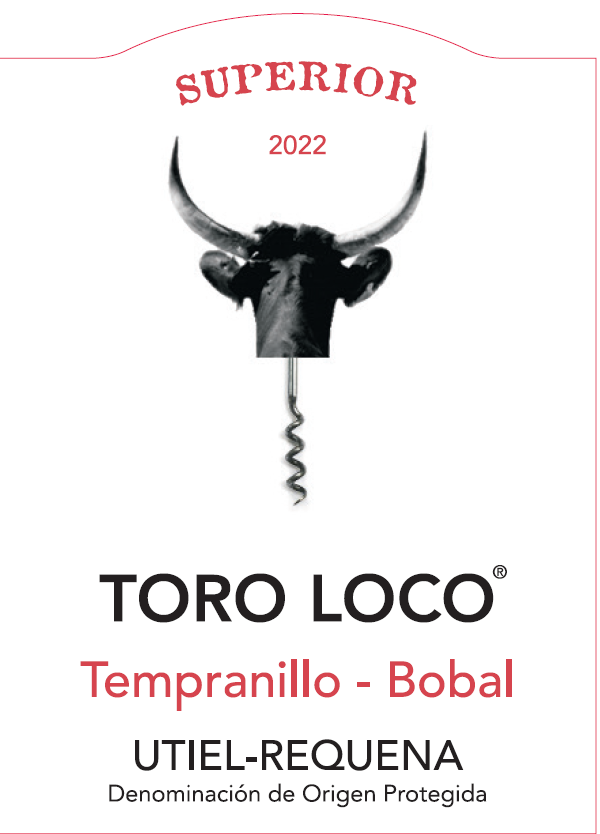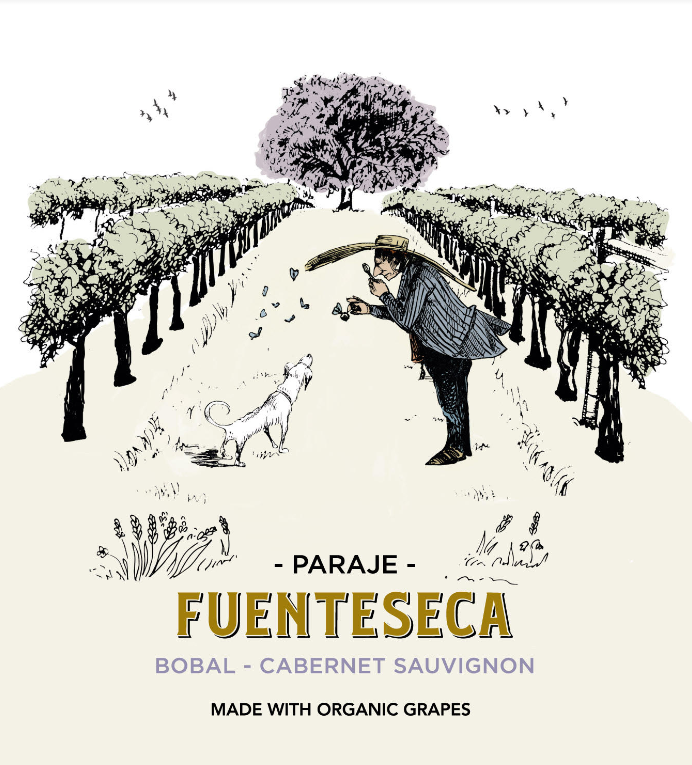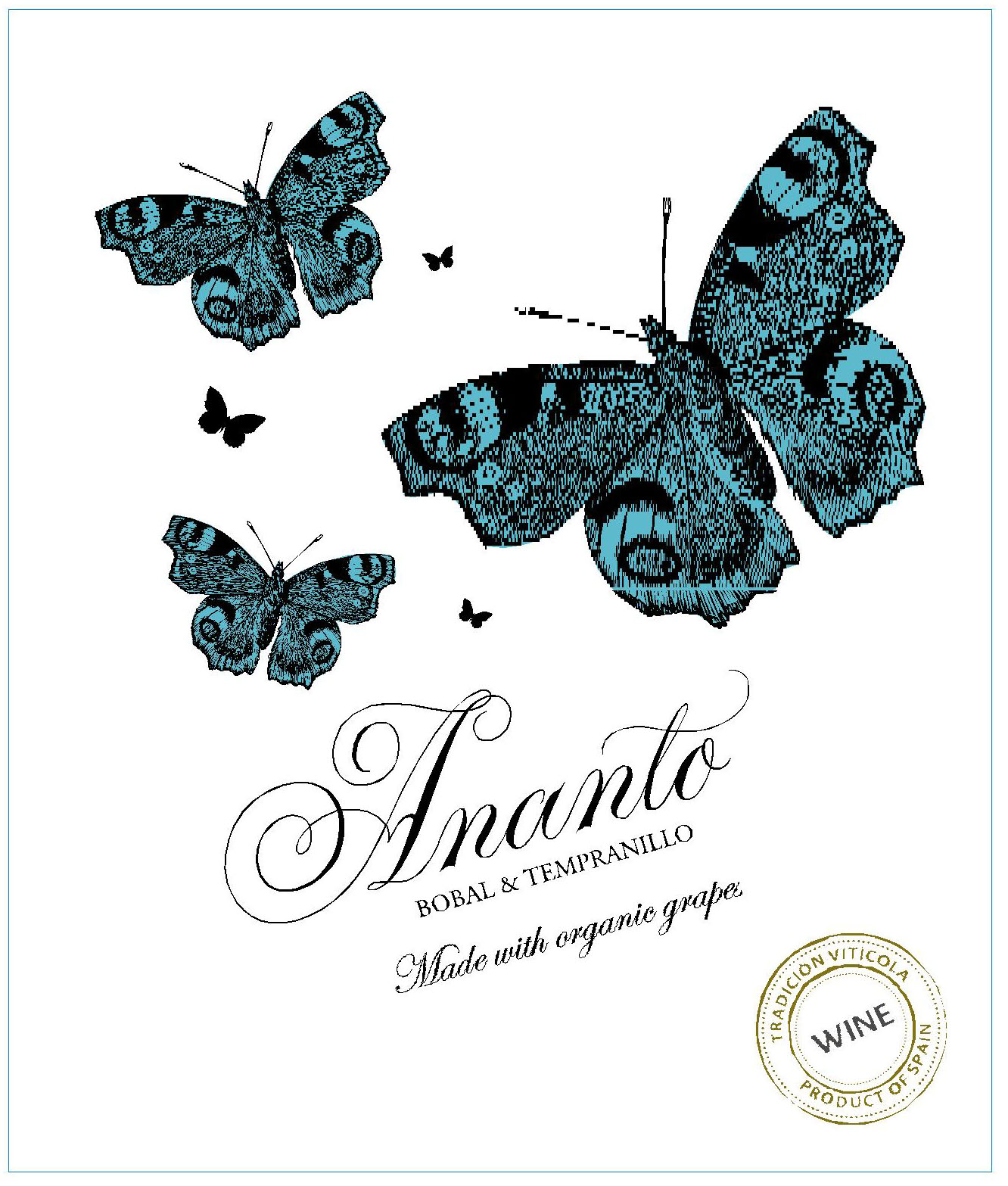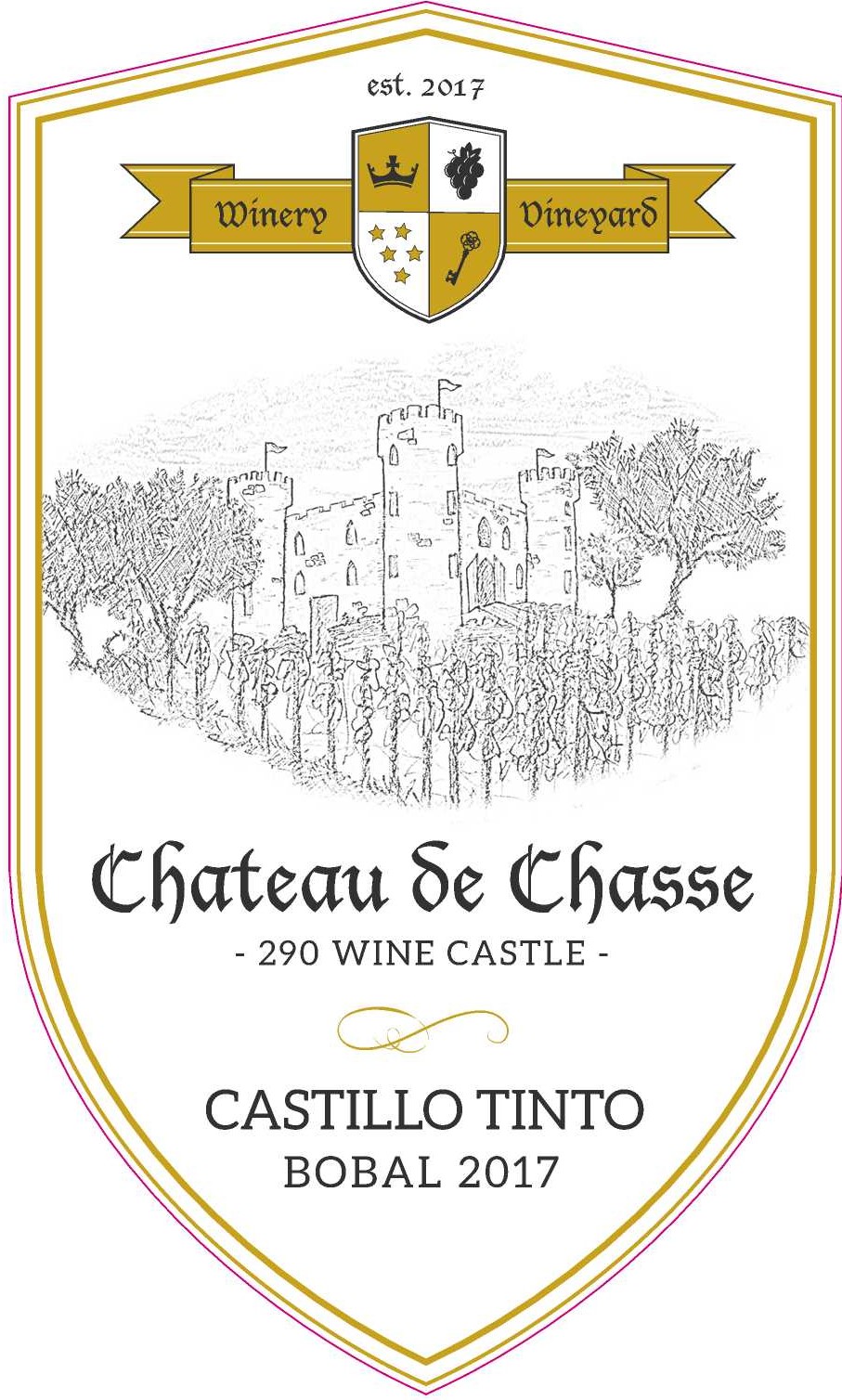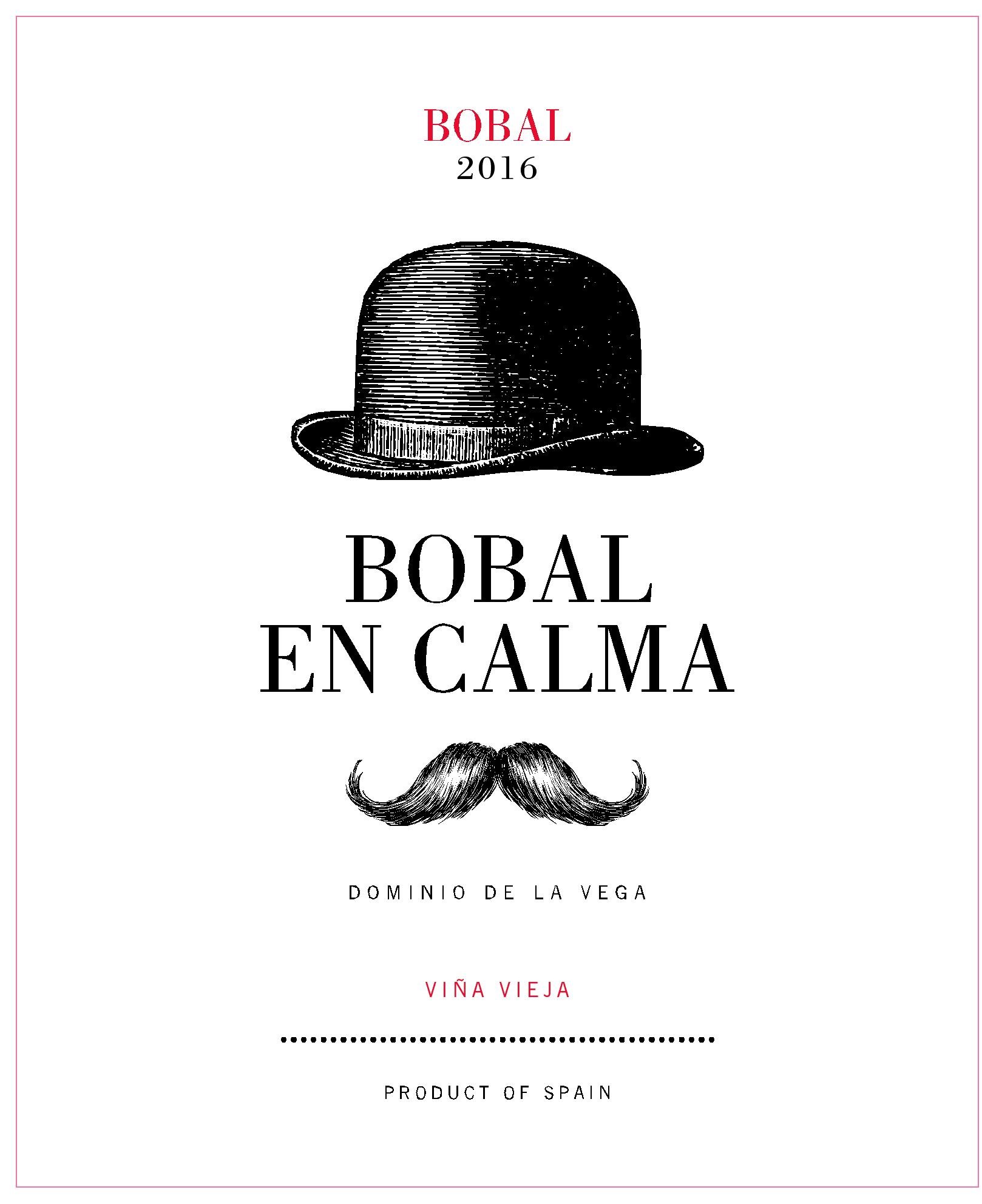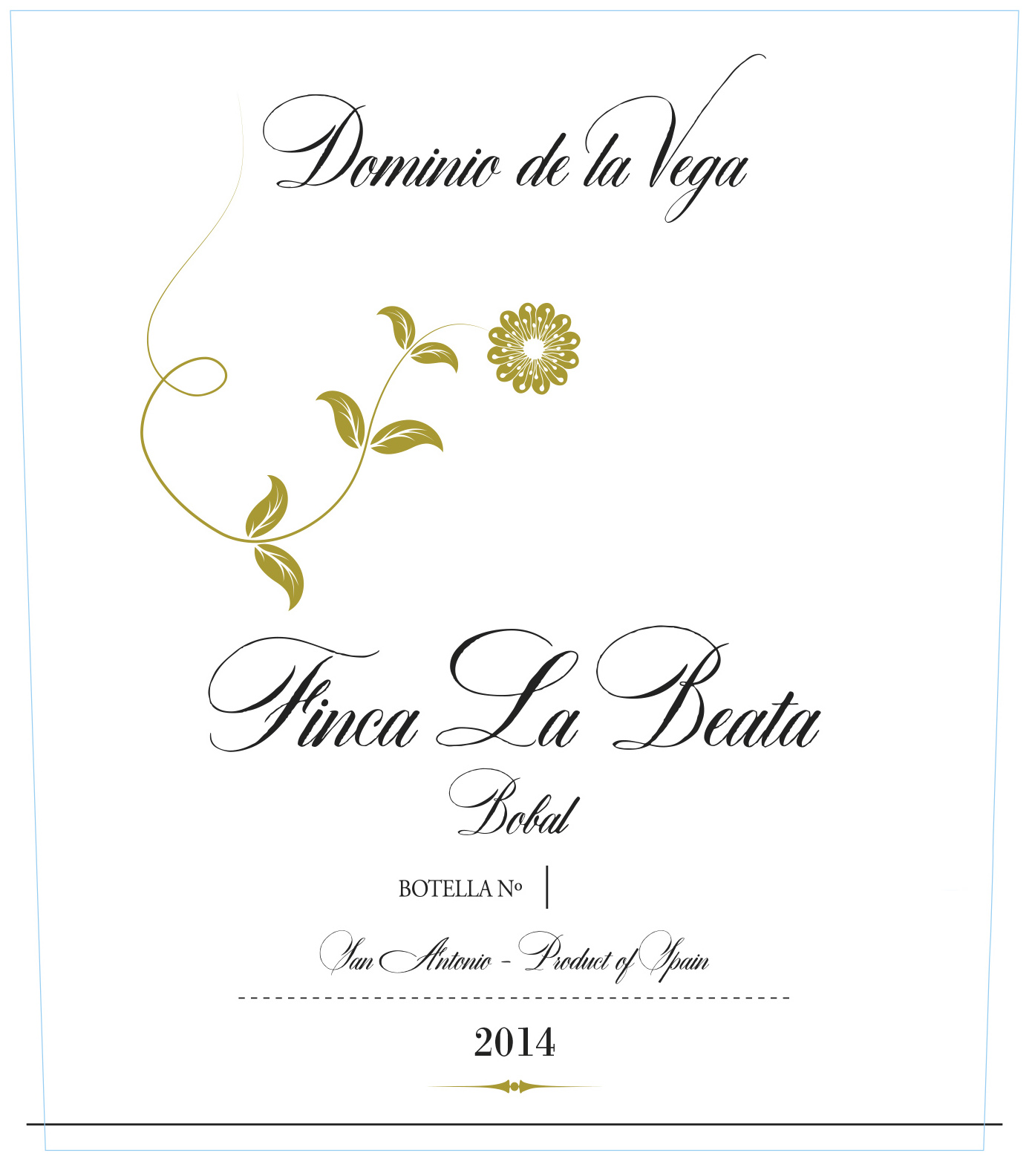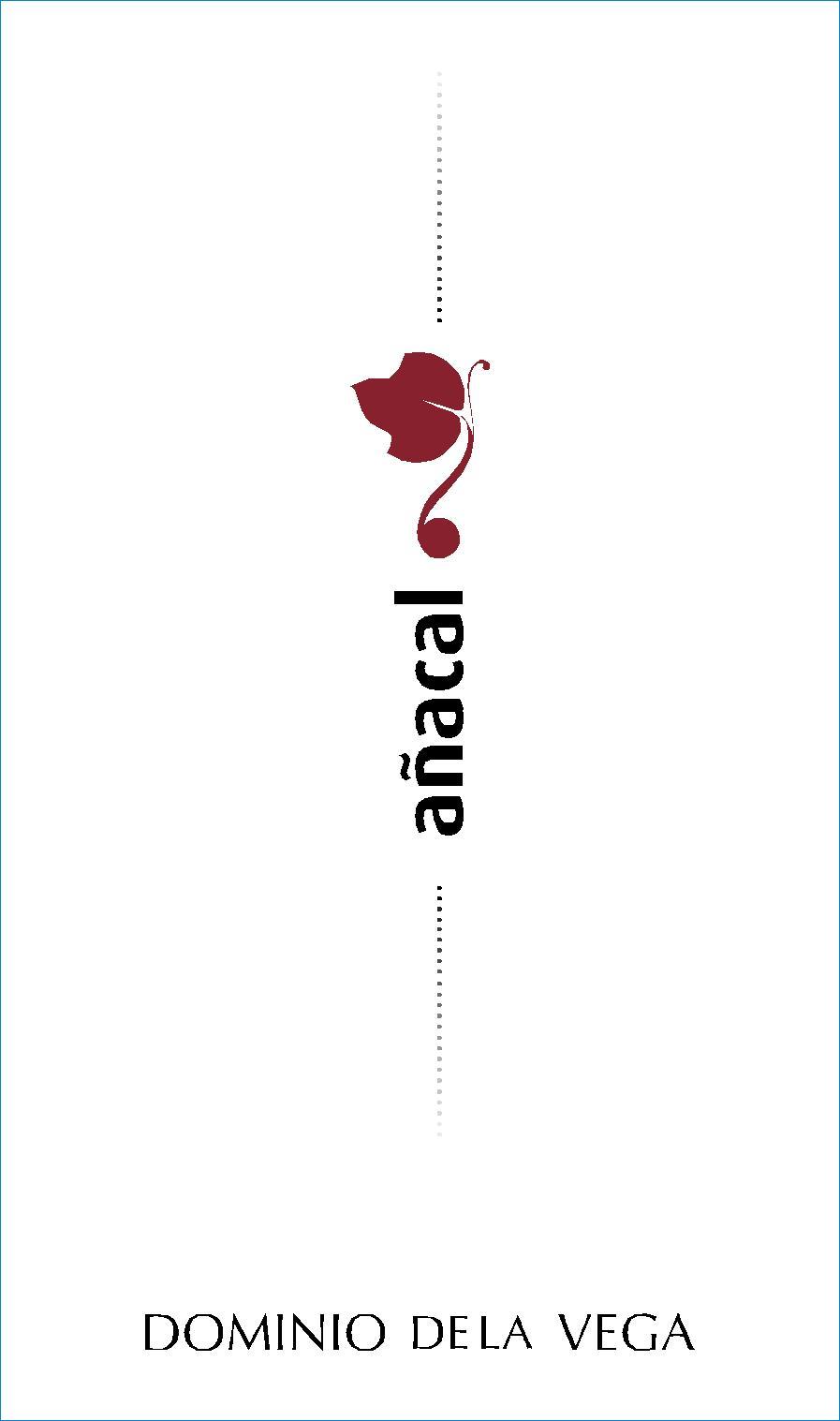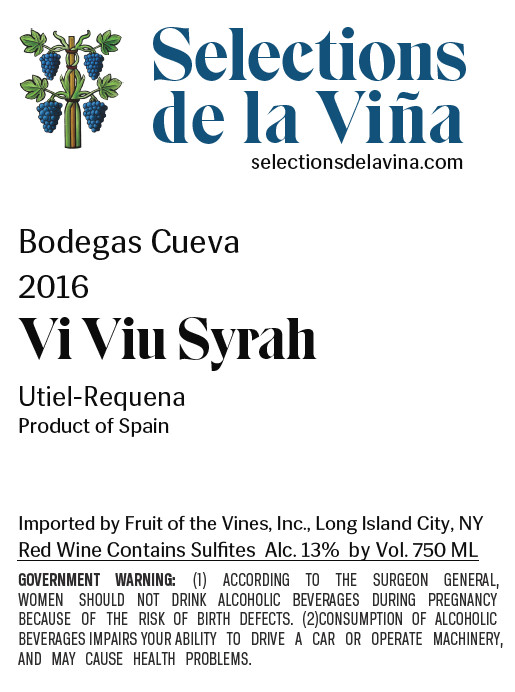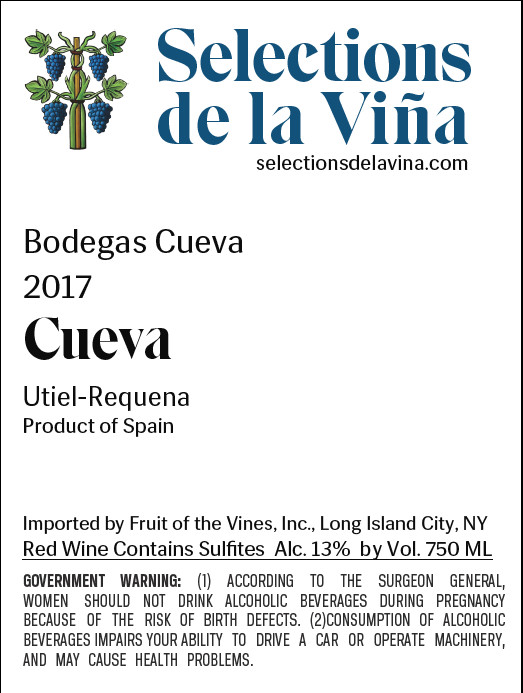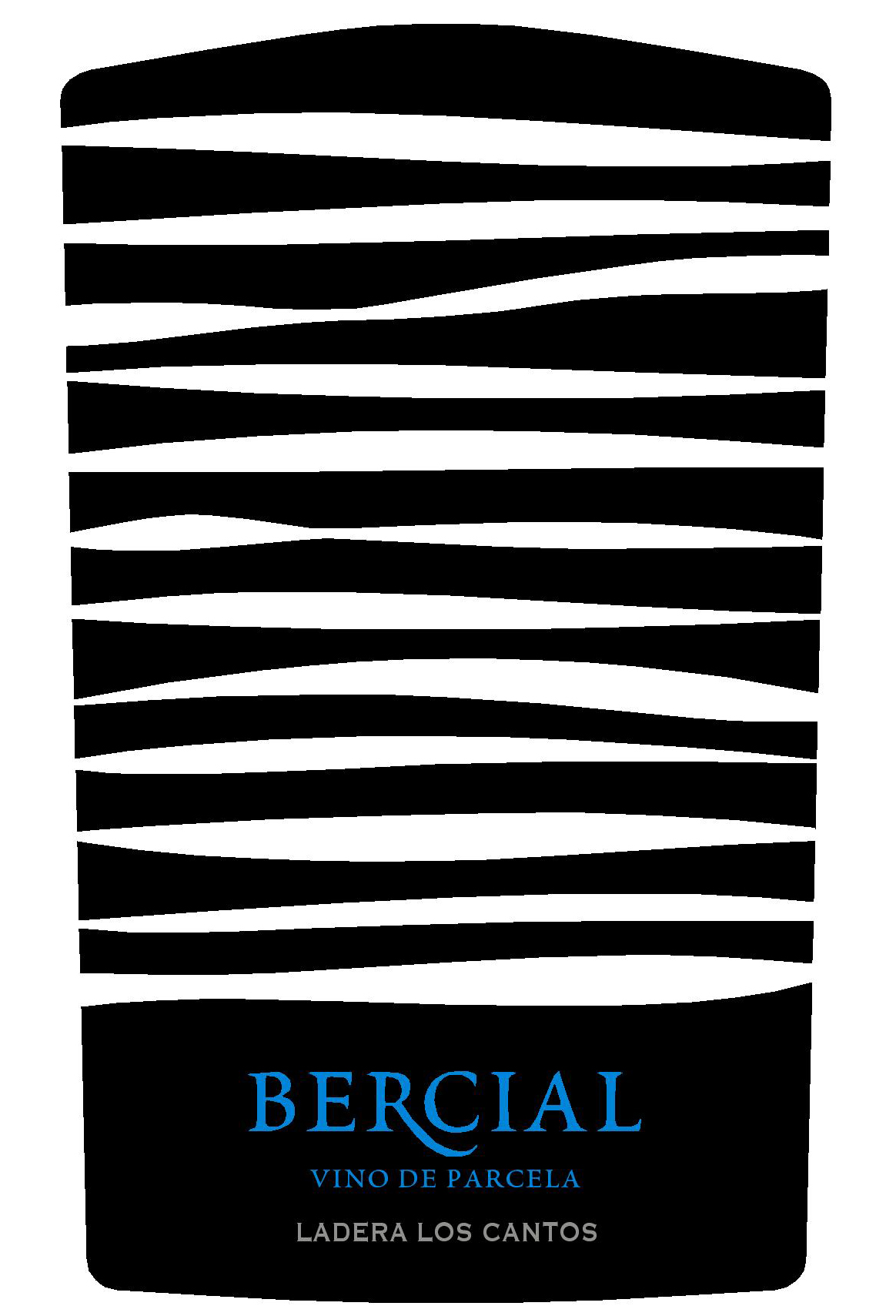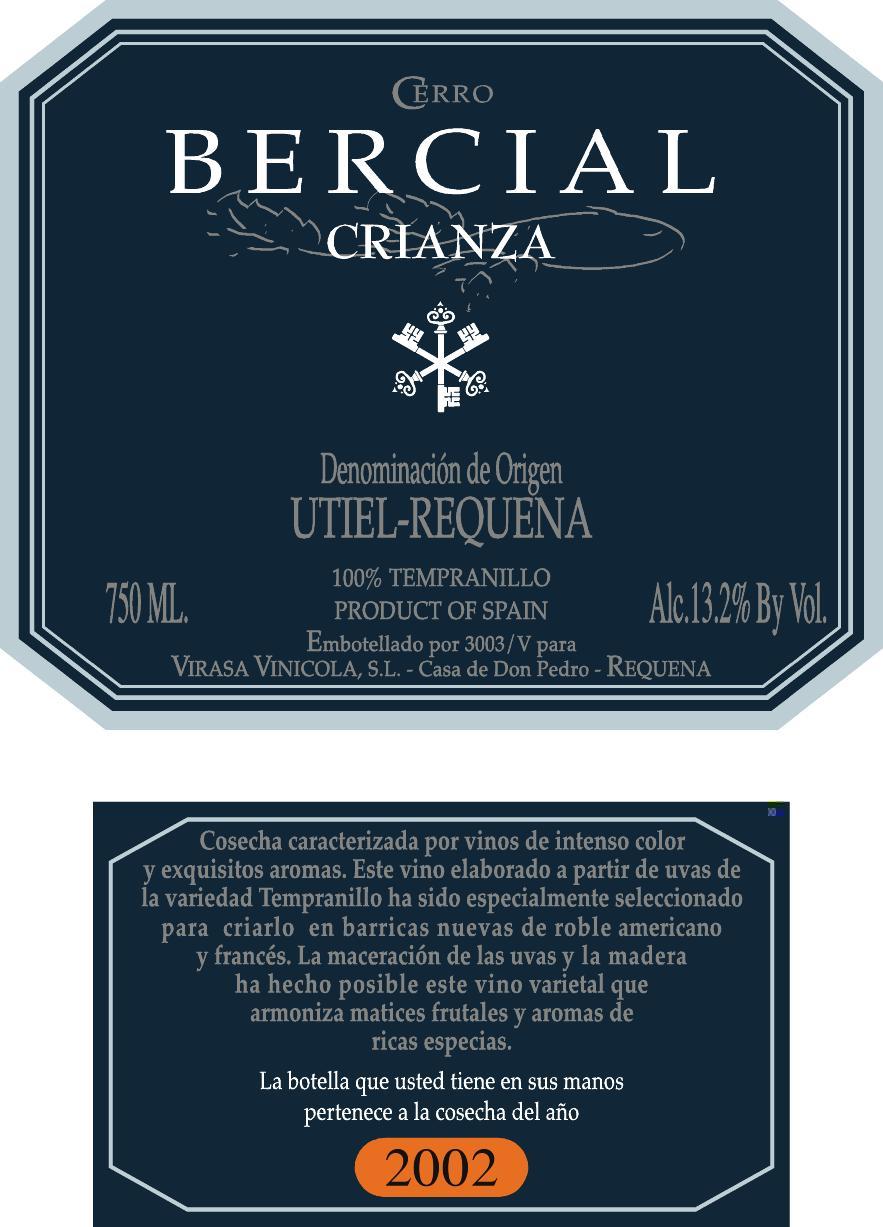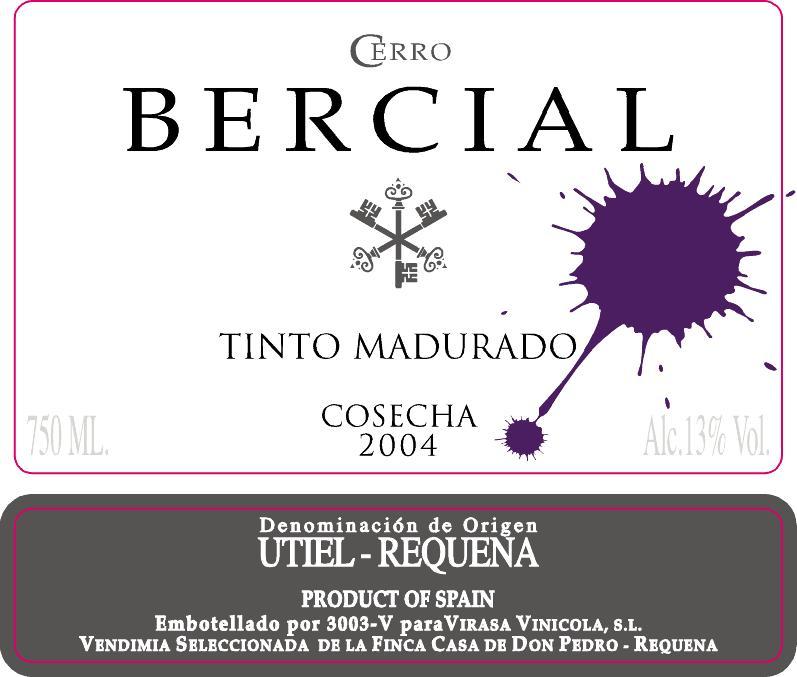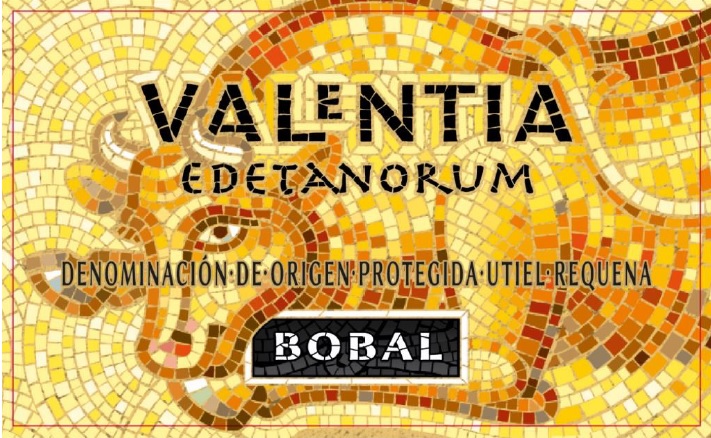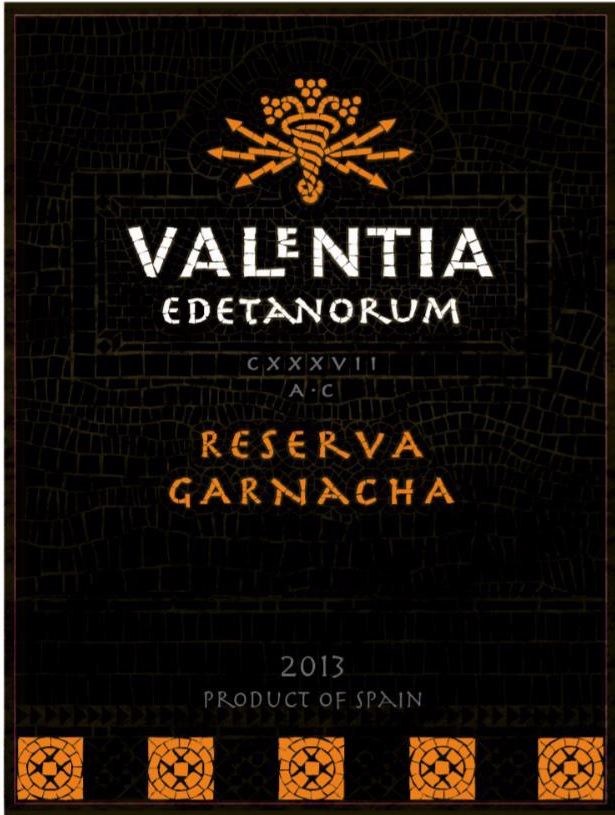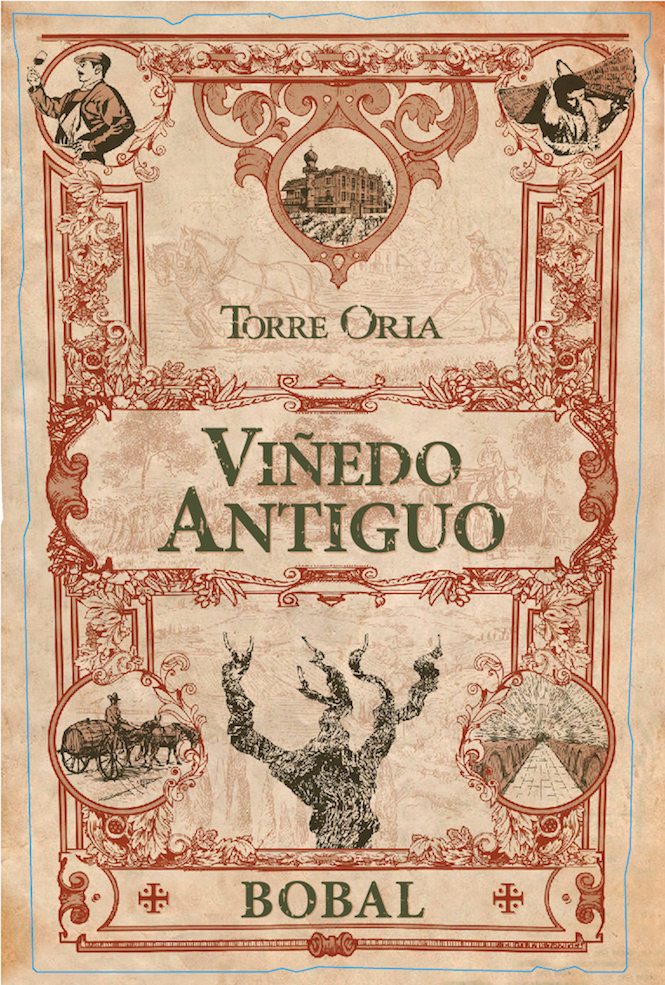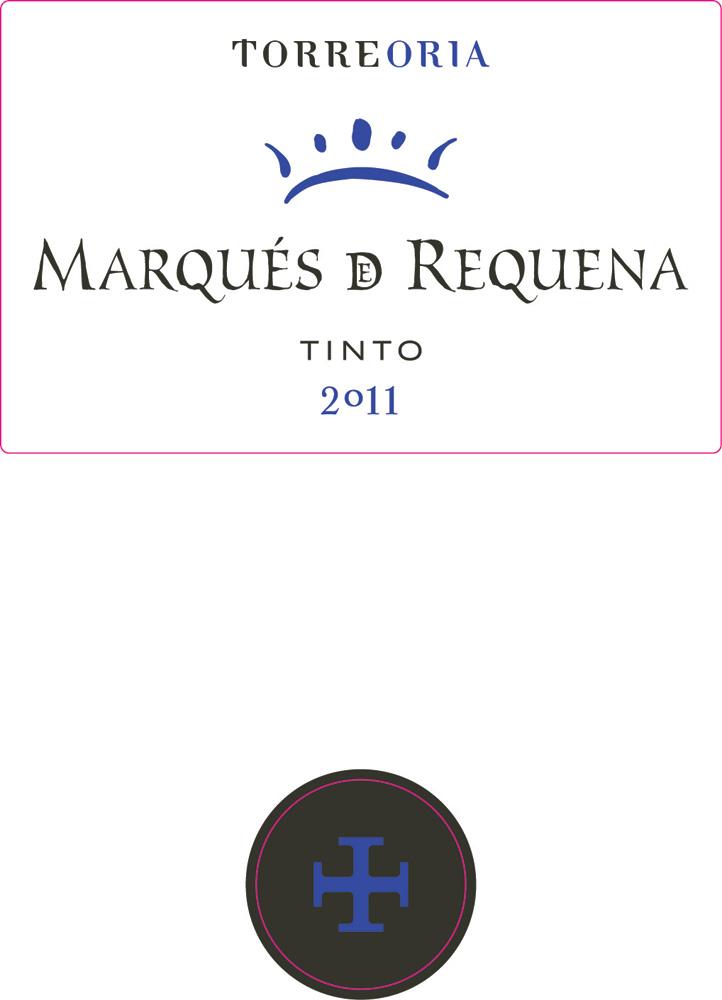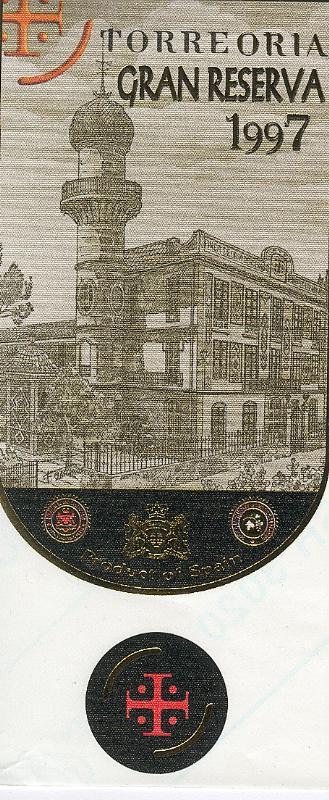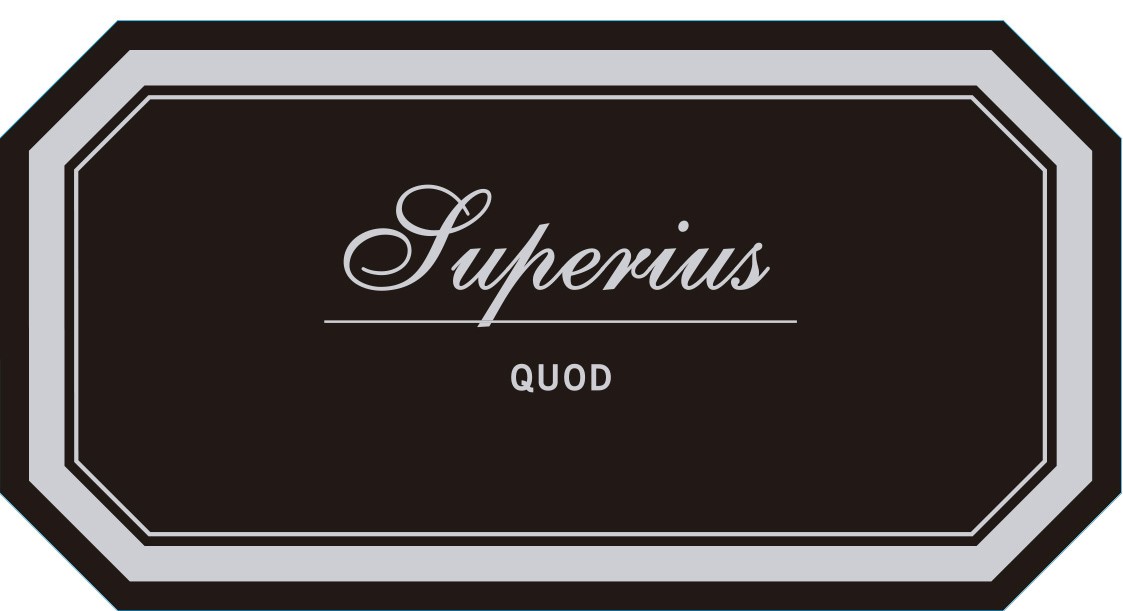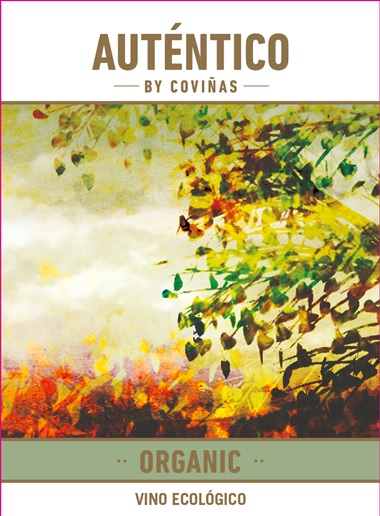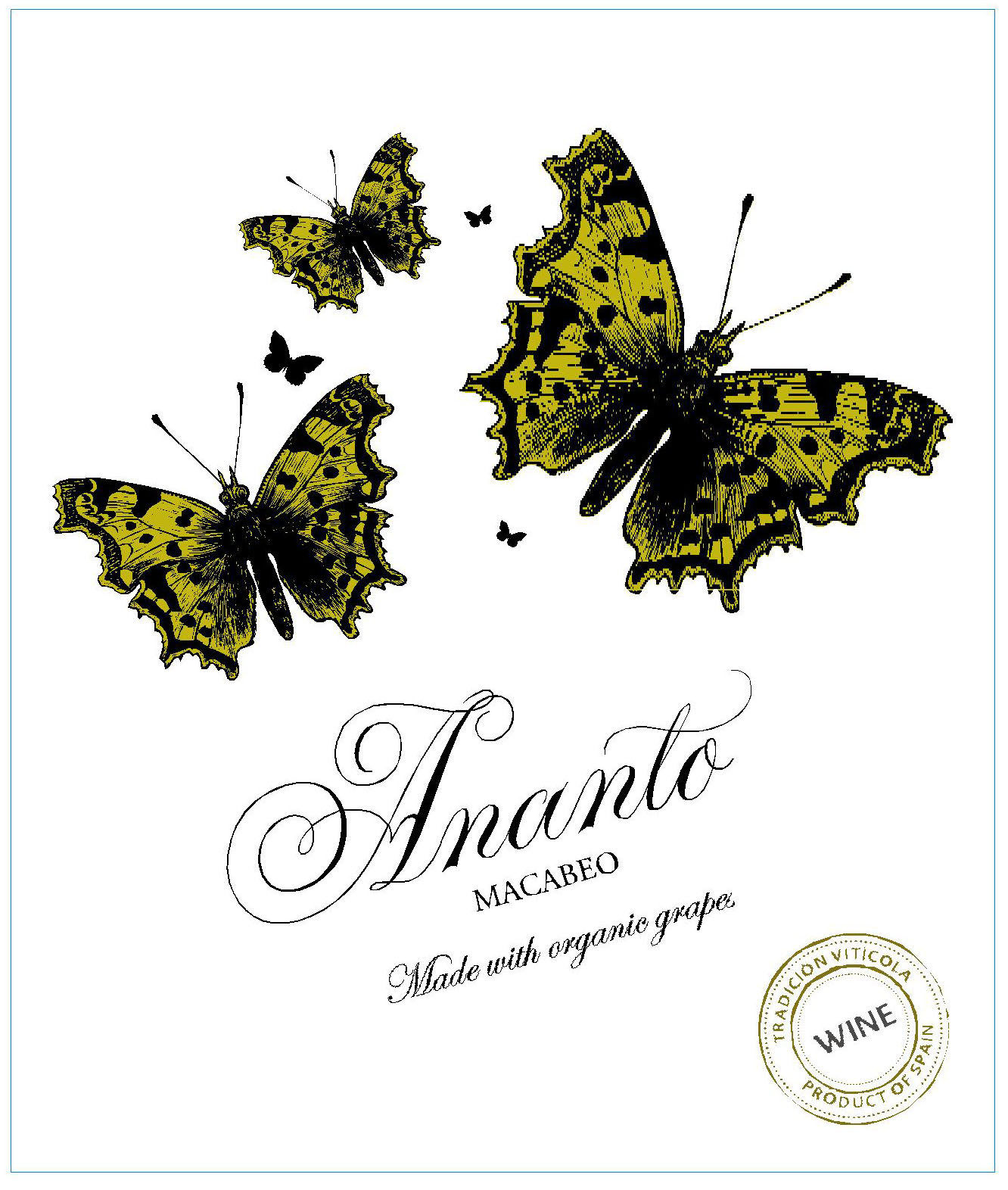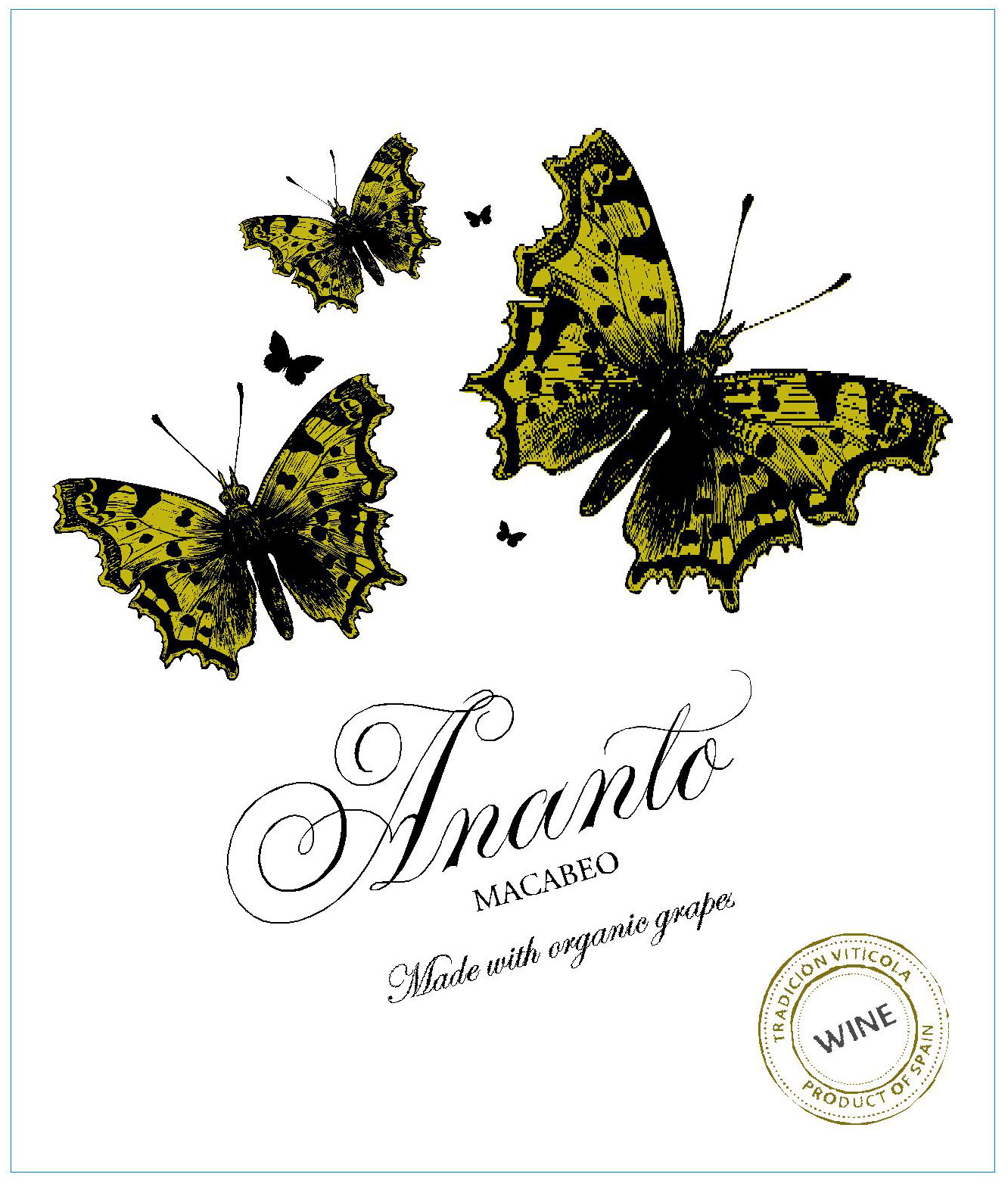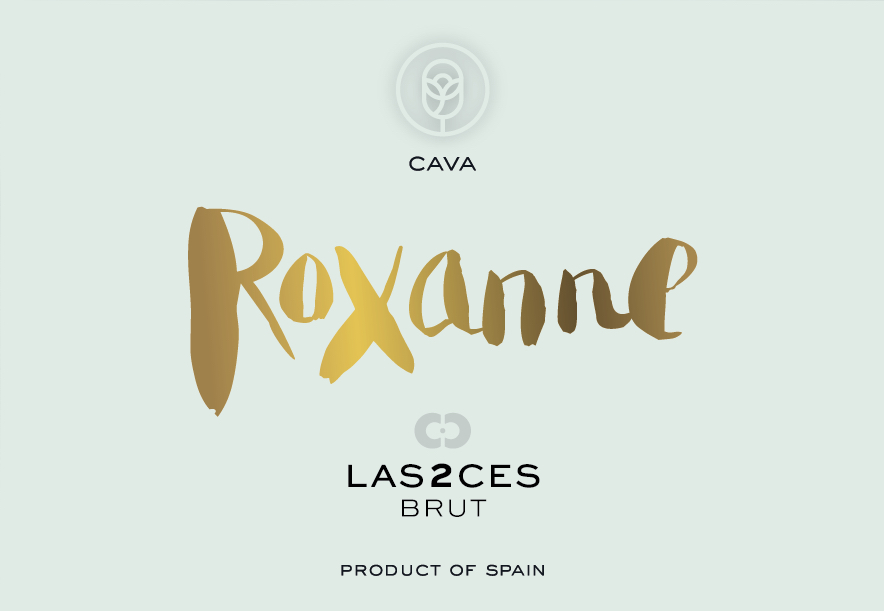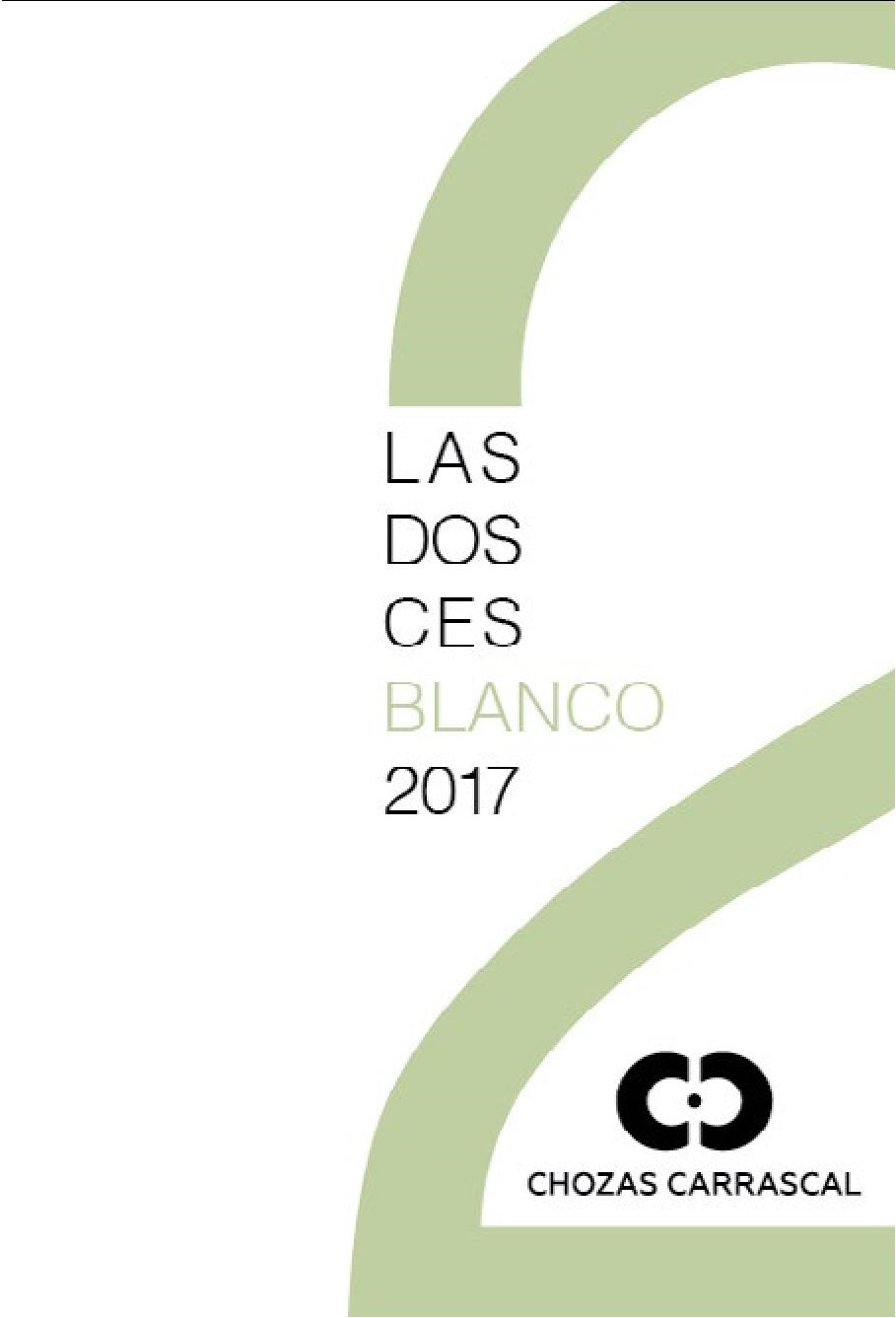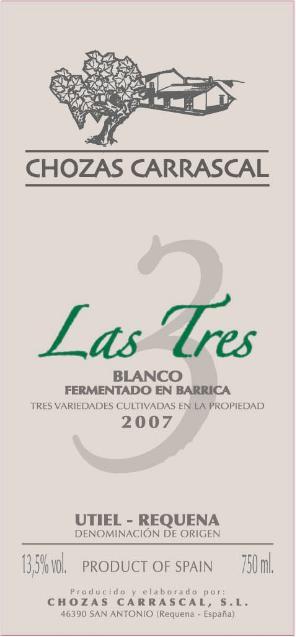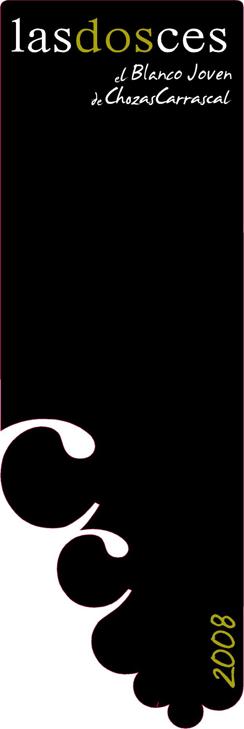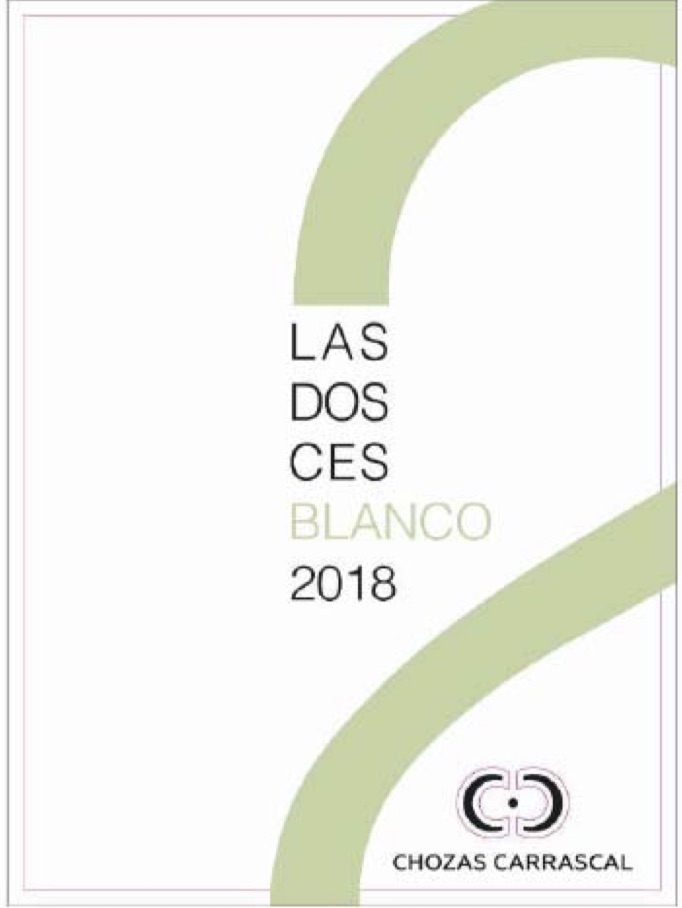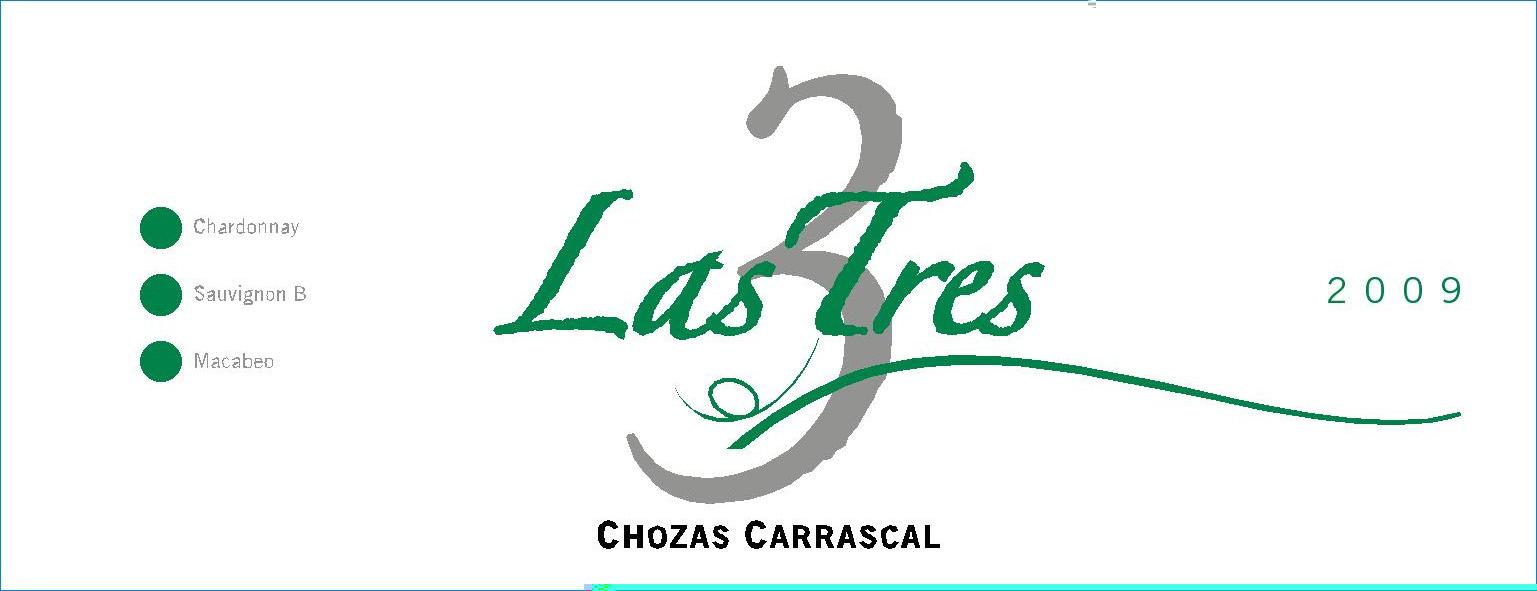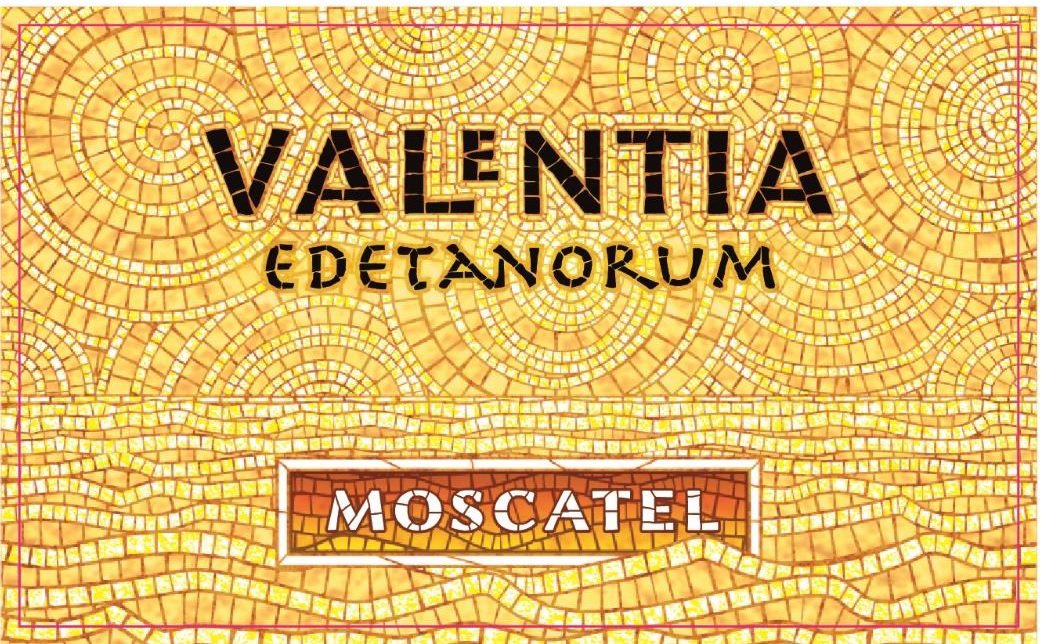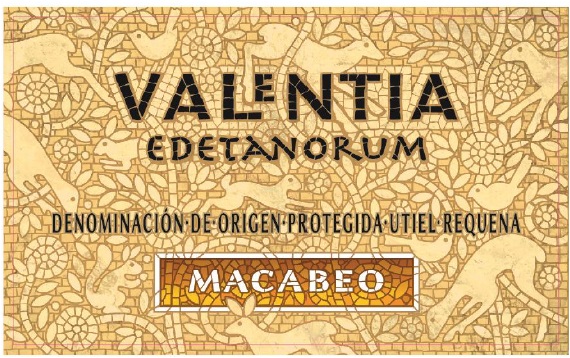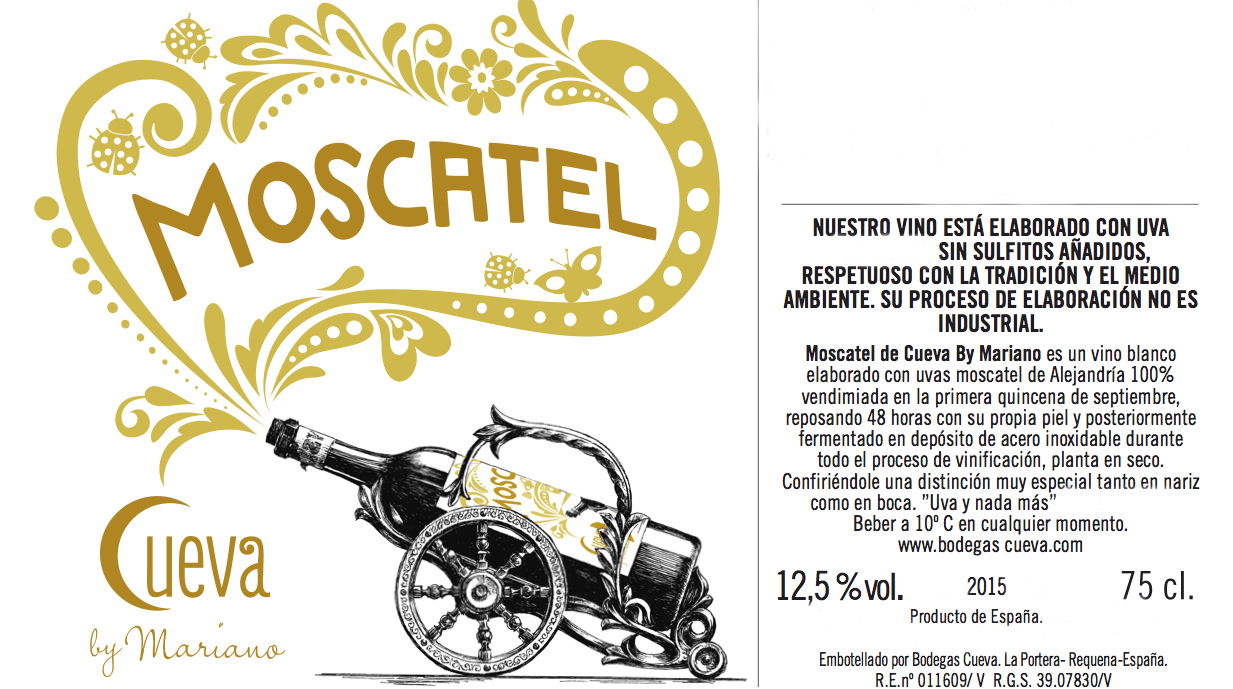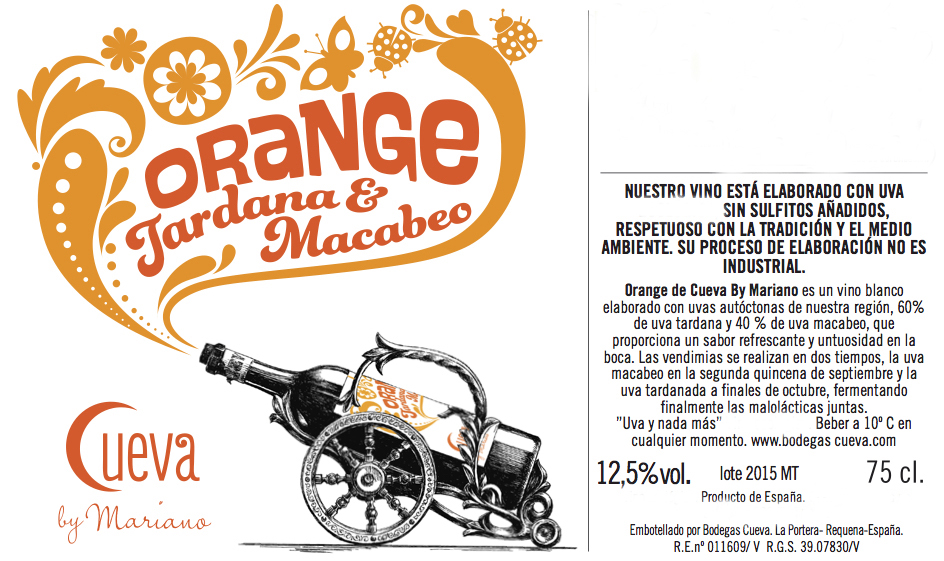Terroir of Utiel-Requena
Utiel-Requena's vineyards flourish on a high plateau, ranging from 600 to 900 meters in elevation, with a mostly flat terrain dotted by gentle hills. The region experiences a continental climate with some Mediterranean influence, characterized by hot, dry summers and cold winters with frost. Annual rainfall is limited to 300 to 450 mm, complemented by abundant sunshine and significant temperature variations between day and night, which help the grapes maintain their natural acidity.
The soils are mainly limestone, mixed with clay, sand, and gravel. The western parts have lighter, calcareous soils, while the eastern areas contain heavier red clays rich in iron. The low organic matter in the soil restricts vine growth, leading to concentrated flavors and strong tannins. Many vineyards are bush-trained and depend on natural rainfall, which boosts drought resistance and cultivates grapes with intense flavors and a refreshing character.
Notable Wineries in Utiel-Requena
Utiel-Requena, a region steeped in winemaking tradition, is a tapestry of diverse wine producers blending history with innovation. Prominent among these is the cooperative Bodegas Coviñas, which stands as a cornerstone of the region's wine industry.
Estates like Bodegas Hispano Suizas and Vera de Estenas are revered for their dedication to crafting wines that reflect the unique terroir. Murviedro and Dominio de la Vega bring a fresh perspective to traditional methods, while Bodegas Nodus and Pago de Tharsys emphasize quality and creativity. Artisanal ventures like Bruno Murciano and Dussart-Pedrón focus on showcasing the Bobal grape's distinct character. Together, these wineries embody Utiel-Requena's evolution from bulk production to producing acclaimed wines across various styles, earning recognition on the global stage.
Sustainable Winemaking in Utiel-Requena
Utiel-Requena has embraced sustainability in winemaking with a robust plan over the last two decades. Central to this are efforts to preserve historic bush-vine vineyards and local grape varieties like Bobal and Tardana. The region champions organic and regenerative farming, employing cover crops, reducing tillage, and using natural pest control to maintain biodiversity.
Water conservation is prioritized through dry farming and investments in water-saving technologies. The region also harnesses renewable energy to minimize its carbon footprint. Socially, Utiel-Requena focuses on empowering growers and fostering community engagement through education and support, reinforcing its commitment to a sustainable future.
Wine Tourism in Utiel-Requena
Utiel-Requena is a vibrant hub for wine tourism, offering a rich blend of history and modern winemaking. The official Wine Route connects visitors with a variety of experiences, from exploring large cooperatives to intimate boutique wineries.
Visitors can immerse themselves in the region's winemaking heritage at places like Utiel's Wine Museum and Requena's ancient cellars. Seasonal events such as the Fiesta de la Vendimia highlight traditional harvest celebrations, enhancing the cultural experience.
Outdoor enthusiasts can enjoy vineyard trails for cycling and hiking, while rural accommodations offer a taste of agritourism. Collaborative efforts with local councils ensure that visitors enjoy not just the wines, but also the local cuisine and historical sites, providing a holistic view of this unique wine region.



